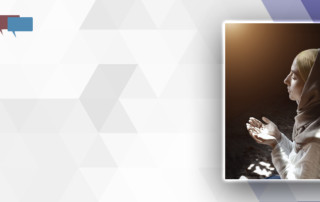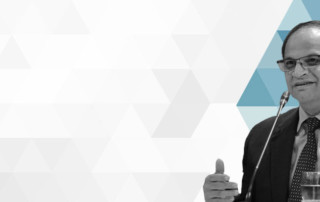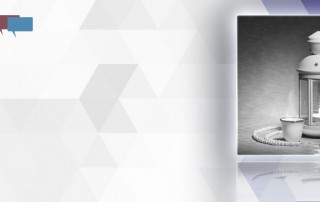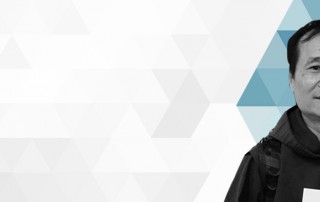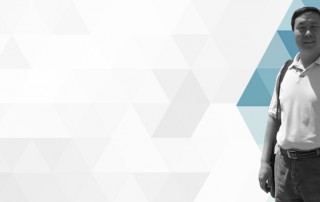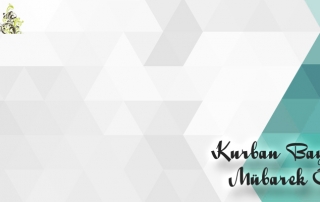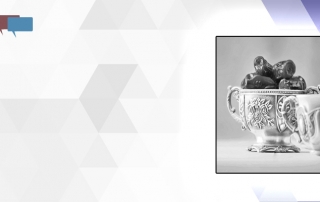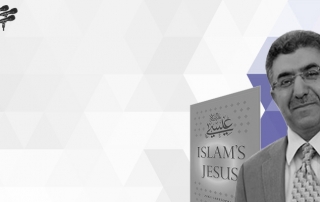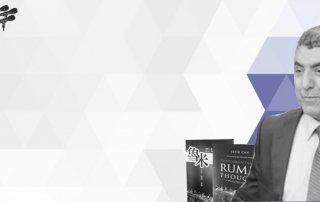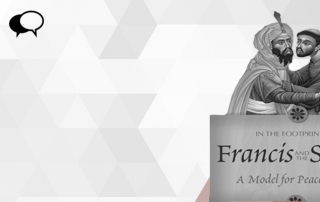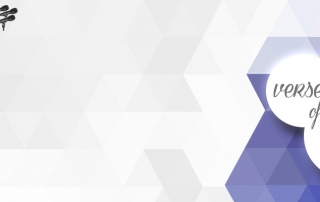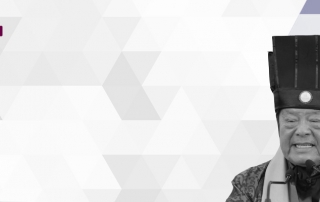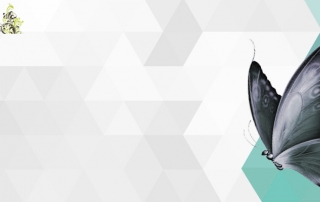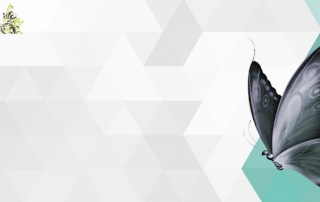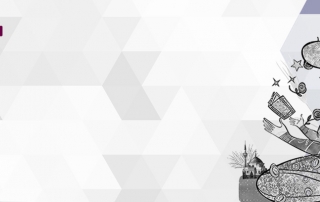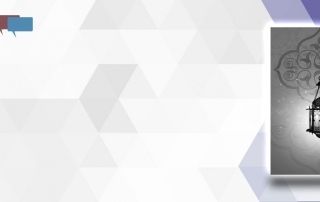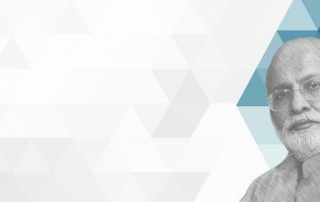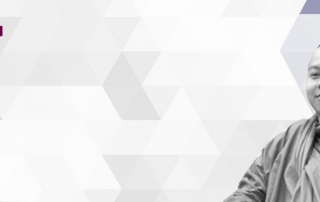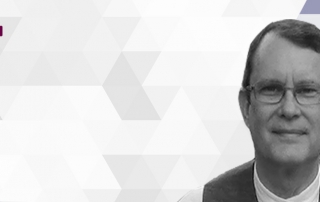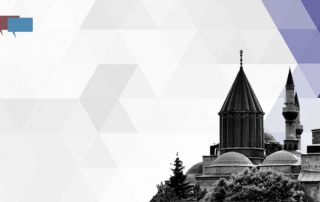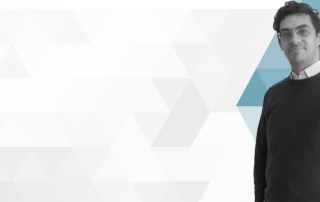Goodbye Ramadan
Posted on 1/7/2016
EVENT DETAILS
Everything that has a beginning, it is said, must have an end. Ramadan, the month of blessings, of joy, of forgiveness, of giving, is about to leave us.
Every year the month of Ramadan comes and goes; every year we Fast, yet many without proper appreciation of the potentials of character building that the Fast holds for us. Do we find ourselves as spiritually backward after the Fast is over as when the month began? Perhaps our lack of knowledge of the real objectives of Fasting often tends to produce an adverse effect in us for, as is well known, the best of medicines could have ill-effects if not taken in accordance with the physician’s instructions.
Fasting is meant to mellow us into exhibiting the finer tracts of human character. We ought to welcome Fasting as a practical means of reforming ourselves rather than considering the period as an inevitable religious bondage, eagerly awaiting the time to free ourselves therefrom at the end of the month, to resume our ways of old again. So please take a look at some wisdom beyond Ramadan.
DOING GOOD TO OTHERS GIVES COMFORT TO THE HEART: The first person who benefits from an act of charity is the benefactor himself; by finding peace, by watching a smile form on the lips of another. If you find yourself in distress, show kindness to others, give to the needy, defend the oppressed, feed the poor, help those in distress, and visit the sick.
THE PAST IS GONE FOREVER: Do not live in the nightmares of former times or under the shade of what you have missed. Episodes of the past are finished with; sadness cannot retrieve them, melancholy cannot make things right, and depression will never bring the past back to life.
TODAY IS ALL THAT YOU HAVE: When you wake up in the morning, do not expect to see the evening. Live as though today is all that you have. Yesterday has passed with its good and evil, while tomorrow has not yet arrived. If you have eaten warm, fresh bread today, then what do yesterday’s dry, rotten bread and tomorrows’s anticipated bread matter?
LEAVE THE FUTURE ALONE UNTIL IT COMES: Be not hasty and do not rush for things that have yet to come to pass. Do you think it wise to pick fruits before they become ripe? Many are those who cry because they see themselves starving tomorrow, falling sick after a month, or because they fear the world will come to an end after a year. Someone who has no clue as to when he will die (which is all of us) should not busy himself with such thoughts. Since you are absorbed in the toils of today, leave tomorrow until it comes. Beware of becoming unduly attached to future prospects in this world.
DO NOT EXPECT GRATITUDE FROM ANYBODY: Do not be dismayed when you find that others forget your favours or disregard your kind acts. Some people may even despise you and treat you as enemy for no other reason than that you have shown them kindness. Hence do not be in a state of agitation if you give someone a pen as a gift and he uses it to satirise you, or if you give someone a walking stick to lean upon and he strikes you with it. Most human beings are ungrateful to the Lord Himself Who created them and sustains them, so why bother if they are ungrateful to you?
CONTEMPLATE AND BE THANKFUL: Remember the favours of Allah upon you and how they surround you from above and below – indeed from every direction. Should you take it lightly that you slumber soundly while misery hinders the sleep of many? You possess all that life has to offer, yet you remain ignorant of those that have nothing? You have feet? Consider those who have not. Consider the faculties of hearing and seeing with which you have been endowed, while many have not. Reflect on your ability to reason, and remember those who suffer from mental ailments.
BE CONTENT WITH WHAT YOU HAVE: If you are a seeker of happiness, be satisfied with the looks God has favoured you with, with your family situation, with the sound of your voice, with the level of your understanding. In fact, you should imagine being contented with even less than you have now.
PEOPLE SHOULD DEPEND ON YOU, NOT YOU ON THEM: The noble-hearted one works for people and does not allow them to serve him. Therefore, make no decisions or plans that will require your reliance upon others. Be useful to people, do not use them. Stand on your own.
FAITH IS LIFE ITSELF: Those that are wretched, in the full sense of the word, are those that are bereft of the treasures of faith. They are always in misery, anger and humiliation.
DON’T BE SAD: Sadness enervates the spirit’s will to action, paralysing the body into inactivity. The secret of this is that sadness prevents one from action, instead of compelling one towards it. The heart benefits nothing through grief. Sadness is a harmful element that afflicts the soul. There is no real benefit in sadness; in fact, Prophet Muhammad, upon whom be peace, used to seek refuge from sadness in this supplication: ‘O Allah, I seek refuge in You from anxiety and grief.”
(Some of the Content Quoted from the book “DON’T BE SAD” – La Tahzen)
Ramadan is the 9th month of the Islamic lunar calendar. It is a special month of the year for over one billion Muslims throughout the world. During this month healthy adult Muslims fast, from the break of dawn until sunset. Fasting requires abstinence from eating, drinking, and intercourse during the daylight hours; that is, about an hour and a half before sunrise until sunset. An early breakfast is recommended in the prophetic tradition, taken before dawn. At the end of the day the fast is broken with a meal called the iftar.
Ramadan is a time of intensive worship and devotion to God, of reading the Qur’an and reflecting on its teachings, of comprehensive thanksgiving, giving to charity, practicing self-control and kindness, of training oneself to be a better person spiritually and improving relationships with others.
To non-Muslims fasting in Ramadan may appear to be a time of hardship and deprivation, but that is not the experience of Muslims. There are at least five ameliorating factors that make fasting much easier than it appears. These are;
(1) the magic of intention,
(2) the community spirit,
(3) the ability of the human body to adapt,
(4) social/cultural cooperation, and
(5) divine help.
The initial intention significantly reduces the perceived difficulty. Once one commits to fasting, it becomes much more doable and feasible. Knowing and seeing that fellow believers are fasting with you and sharing the early breakfast or the dinner with them strengthens the community spirit. Thirdly, the human body is amazingly adaptable. Within the first few days of fasting the body adapts to the new schedule and one does not feel hunger as one normally would. In communities where Muslims are a majority or a significant minority, there is assistance or cooperation offered to the fasters, such as flexible holidays and working hours. Finally, for any worshipper, there is divine help which eases the task once the worshipper has committed to doing it.
Over 500 million Muslims, from age 9 to 90 fast every year. Fasting does not prevent them from conducting their mundane work or business as usual.
As a pillar of the religious life in Islam, fasting is probably the most practiced form of worship. Muslims think of Ramadan as a kind of tune-up for their spiritual lives. As the third “pillar,” or religious duty in Islam, fasting has many dimensions: The behavioural dimension, the religious dimension, the social dimension and the spiritual dimension.
Fasting in Ramadan is a means of learning self-control. Due to a lack of preoccupation with the satisfaction of bodily appetites during the daylight hours when fasting, the spirit gains a measure of ascendancy. The soul is freed of the chains placed by carnal desires. Fasting provides a break in the cycle of rigid habits or overindulgence.
During fasting, not only the stomach, but also the tongue, eyes, ears, other limbs, and the heart and mind are equally obligated to be restrained. Just as we control our physical appetites, we also must control our negative emotions and actions. The Messenger of Islam, Muhammad, peace be upon him, expressed that fasting is not only restraining from food and drink, but that it also means refraining from impious acts. He said that if a person does not control their senses and behaviour, then God does not require that person to refrain from eating. He added that if someone verbally abuses you, acts ignorantly towards you, or even hurts you, you should respond by only saying, “I am fasting; I am indeed fasting.” According to the masters of Sufism, the spiritual dimension of Islam, not only one’s organs, but also one’s thoughts and feelings need to be tightly controlled during this month.
As far as the social dimension is concerned, fasting is a way of experiencing hunger and developing sympathy for the less fortunate and thus learning thankfulness and appreciation for all of God’s bounties. Fasting increases people’s sympathy and compassion for those who have been deprived of their daily means of survival. Although everybody knows, in an abstract sense, that there are people who suffer from hunger and poverty around the world, this knowledge may not be great enough to have an impact on our daily behaviour. During the fast of Ramadan, this knowledge is internalised, because we now not only know that there are hungry people, but we have a glimpse into their experience of hunger. This deeper, internalised knowledge helps us minimise wastefulness and to sincerely do our best to help those in need.
Ramadan is also a time of generosity. People are more generous, more cordial, and more ready than at other times of the year to do good and charitable work. Muslims often invite one another, friends and guests, Muslims and non-Muslims, in particular neighbours, regardless of creed, to share the evening meal and exchange gifts and best wishes.
Fasting establishes a continuity of practice with religions such as Judaism and Christianity, in which fasting is recognised as an important element of devotion to God. The very verse in the Qur’an that commands Muslims to fast reminds them of this connection: “O you who believe! Fasting is prescribed on you just as it was prescribed on the people before you.”
In the spiritual dimension, fasting during Ramadan is an act of obedience. It leads to sincere thankfulness, which is the heart of worship. It also empowers our spiritual side over our physical tendencies. If we imagine our body as a vessel, such as a ship, our mind, heart and carnal desires are like hands that are trying to control this vessel. Fasting weakens the effect of the carnal self and strengthens the effects of the mind and the heart on the control of the body.
The experience of hunger in fasting breaks the illusory lordship of the carnal self, or ego, and, reminding the carnal self of its innate helplessness, convinces it that it is only a servant. Self-consciousness, or the notion of “I,” is part of the “trust” that has been given to humans as the vicegerents of God on earth [The Qur’an, Ahzab 33:72]. “The All-Wise Creator entrusted each human being with an ego that has clues and examples that urge and enable them to recognize the truths about the attributes of the Lord of Creation and His essential qualities. Ego is the measure that makes known the qualities of His Lordship and the functions of His Divinity.” [Nursi, 2005, 552] Although God is closer to us than our jugular vein [The Qur’an], His names and attributes cannot be fully comprehended as they are infinite and we are finite, mortal, limited creatures. The virtual attributes that God gives us can serve as units of measure for comparison and for a better appreciation of God’s names and attributes.
It may be asked, “Why did God make our ego a means to know His attributes and names?” Nursi answers this question as follows:
An absolute and all-encompassing entity has no limits or terms, and therefore cannot be shaped or formed, and cannot be determined in such a way that its essential nature can be comprehended. For example, light undetermined by darkness cannot be known or perceived. However, light can be determined if a real or hypothetical boundary line of darkness is drawn. In the same way, the Divine Attributes and Names (e.g., Knowledge, Power, Wisdom, and Compassion) cannot be determined, for they are all-encompassing and have no limits or like. Thus what they essentially are cannot be known or perceived. A hypothetical boundary is needed for them to become known.
In our case, this hypothetical boundary is our ego. Ego imagines within itself a fictitious lordship, power, and knowledge, and so posits a bounding line, hypothesizes a limit to the all-encompassing Attributes, and says: “This is mine, and the rest is His.” Ego thus makes a division. By means of the miniature measure it contains, ego slowly comes to understand the true nature of the Divine Attributes and Names.
Through this imagined lordship, ego can understand the Lordship of the Creator of the universe. By means of its own apparent ownership, it can understand the real Ownership of its Creator, saying: “As I am the owner of this house, the Creator is the Owner of this creation.” Through its partial knowledge, ego comes to understand His Absolute Knowledge. Through its defective, acquired art, it can intuit the Exalted Fashioner’s primary, originative art. For example, ego says: “I built and arranged this house, so there must be One Who made and arranged this universe.”
Ego contains thousands of states, attributes, and perceptions that, to some extent, disclose and make knowable the Divine Attributes and essential Qualities. It is like a measure, a mirror, or an instrument for seeing or finding out, an entity with an indicative function. [Nursi, 2005, 552]
It is not necessary for a unit of measure to actually exist; like hypothetical lines in geometry, a unit of measure may be formed by hypothesis and supposition. It is not necessary for its actual existence to be established by concrete knowledge and proofs. The self, however, sometimes forgets its true nature and imagines its “knowledge,” “power,” “ownership,” and “ability” to be real. When the self forgets its true nature and the purpose of these feelings, it becomes a seed that may grow into a tree of arrogance. Nursi points to the importance of fasting for keeping the self under control:
Fasting Ramadan breaks the carnal self’s illusory lordship and, reminding it that it is innately helpless, convinces it that it is a servant. As the carnal self does not like to recognize its Lord, it obstinately claims lordship even while suffering. Only hunger alters such a temperament. God’s Messenger relates that God Almighty asked the carnal self: “Who am I, and who are you?” It replied: “You are Yourself, and I am myself.” However much God tormented it and repeated His question, He received the same answer. But when He subjected it to hunger, it replied: “You are my All-Compassionate Lord; I am Your helpless servant.” [Nursi, 1995, 222-3]
Fasting in Ramadan may appear to be a difficult form of worship to those who have not experienced it. But there are many factors, some of which are listed above, that help the faithful to fulfill their commitment. Only God knows the true wisdom behind fasting, but we get a glimpse of it through the Qur’an, the prophetic tradition, and our personal experiences. Fasting is first a means of self-control, a way to increase in piety and find freedom from the tyranny of carnal desires. Secondly, fasting provides an opportunity for reflection, intense worship, and thankfulness. It enables members of the community to empathize with those who suffer from poverty and hunger. In the spiritual dimension, fasting leads to a sincere appreciation of God’s bounties and deep gratitude for the same, which is the essence of worship. Finally, the experience of hunger in fasting reminds the self of its true nature; that is its weaknesses and its dependence on the grace of God. It breaks the illusory lordship of the self and it reminds the carnal self of the purpose for its creation, which is faith, knowledge, worship, and love of God, as well as service for humanity.
- Dialogue Between Islam and Buddhism through the Concepts Ummatan Wasatan and Majjhima-PatipadaPearl Institute2017-06-06T11:38:04+08:00
- Heritage of Dialogues between Islam and Confucianism: Chinese Islamic Classic during the later Ming and Qing DynastiesPearl Institute2017-06-06T11:38:10+08:00
- “In the Footprints of Francis and the Sultan: A Model for Peacemaking”Pearl Institute2017-06-06T11:38:29+08:00
- Verses of Love – Buddhist, Islamic and Christian Poets on Embracing “the Other”Pearl Institute2017-06-06T11:38:29+08:00
- “Friendship Dinners” Be Sit Together Around the Friendship TablePearl Institute2017-06-06T11:38:30+08:00
- “Rumi – Iqbal” The Deep Influence of Islamic Philosophical & Theological Traditions on Their PoemsPearl Institute2017-06-06T11:38:30+08:00
- Meeting Buddhism: Buddhism and Its Teachings on Religious HarmonyPearl Institute2017-06-06T11:38:31+08:00
The views and opinions expressed on this posts/pages are those of the authors and do not necessarily reflect the views or opinions of Pearl Institute, its staff, other authors, members, partners, or sponsors.


